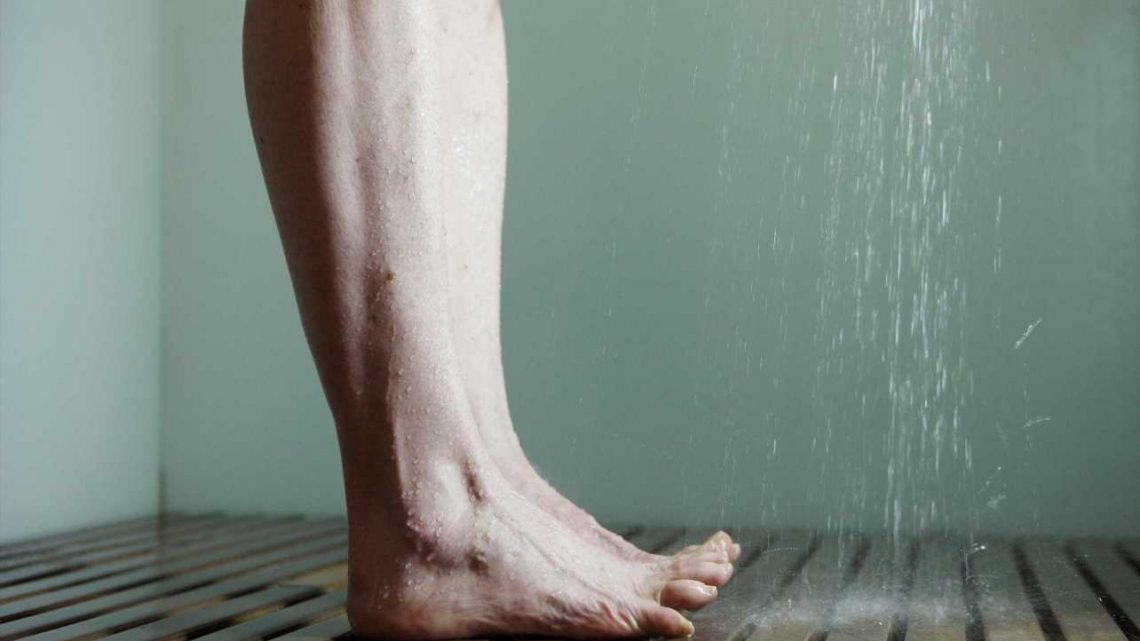
Doctor reveals why women should NEVER pee in the shower
08/12/2021WOMEN do many things in the shower, whether it's shaving our legs or washing our hair, or yes even peeing.
But one expert has now revealed why you shouldn't pee in the shower, and it's not just because it's a bad habit.
Dr Alicia Jeffrey-Thomas said that little habits can have "huge consequences" down the line.
Posting to TikTok she said there are a number of traits women have that can be harmful to their pelvic health.
She listed them as "bad habits for your pelvic floor" and explained why peeing in the shower could see you running to the loo more often.
Dr Alicia said that the bladder relies on signals it gets from both the stretch of the bladder and the bladder walls as it fills, as well as signals from the brain to let it know when to hold the pee in.
"We want to avoid training our bladder to associate certain signals with the urge to pee. In this case, peeing in the shower associates the sound of running water with urination or with submersion in water.
"This can often transition into being triggered by other sounds of running water (like when you're running the faucet to wash your hands or the dishes) or when you're in bodies of water", she told BuzzFeed.
She also added the other things that could be damaging your pelvic floor.
- Pushing out your pee or poo
- Hovering over the toilet
- Doing tonnes of kegels without being evaluated by a pelvic floor specialist
Dr Alicia also highlighted "peeing just in case" as a damaging trait, but said that there were some exceptions to this rule.
She said that these were peeing before bed, peeing before of after sex and peeing before a long car journey, of an hour or more.
Other experts have also warned against "peeing just in case".
Prof Stergios Doumouchtsis, a leading expert in urogynaecology based at Epsom and St Helier University Hospitals NHS Trust, told The Sun: “On a circumstantial basis, it's fine to do it. It’s widely done and won't do any harm.
“But it starts affecting the bladder when you do it always – for example if you're a school teacher and you go habitually every hour between each class. This can result in a change to the bladder function.
“Essentially you sensitise the bladder, it becomes more sensitive. The bladder learns to give you signals of fullness at lower volumes.
“The purpose of the bladder as a reservoir for urine can become compromised, and therefore the bladder will start needing the toilet and sending you signals of urgency too early, when the volumes of the bladder are lower, or more frequently.
“The bladder won't necessarily become anatomically smaller. But functionally it is smaller.
"Therefore it can affect our activities because we become more engaged to the bladders’ calls.”
It can take as little as two weeks for the bladder to become more sensitive.
But the good news is there are various techniques to train the bladder to get used to holding more volume of urine, with some people seeing improvement in just a few weeks.
First, check you aren’t drinking too much, or too little, water.
Prof Doumouchtsis recommended 1.5 to 2 litres per day, or around 3 litres if it is hot, or you exercise.
Source: Read Full Article




